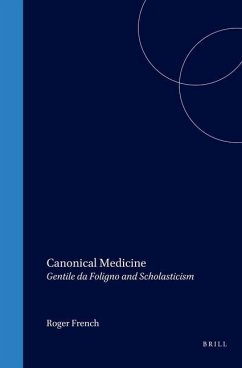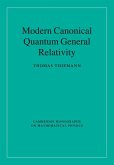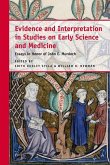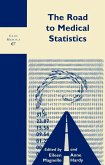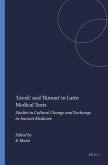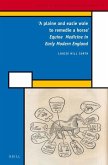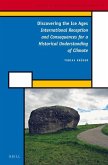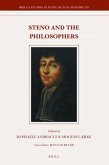This book deals with the work of one of the most famous medical scholars of the middle ages, renowned to his contemporaries as being able to see more deeply into the theory of medicine than anyone else. It is based in particular on an analysis of his huge commentary on Avicenna's "Canon, the biggest and most important single medical text of the Middle Ages. This is the first modern analysis of the commentary, and while the size and elaborate scholastic structure of it has deterred historians, it remained an important text for two centuries. This book explains the nature and purposes of medical scholasticism, which reached its height in the half century before the Black Death, in which Gentile died.
Hinweis: Dieser Artikel kann nur an eine deutsche Lieferadresse ausgeliefert werden.
Hinweis: Dieser Artikel kann nur an eine deutsche Lieferadresse ausgeliefert werden.

